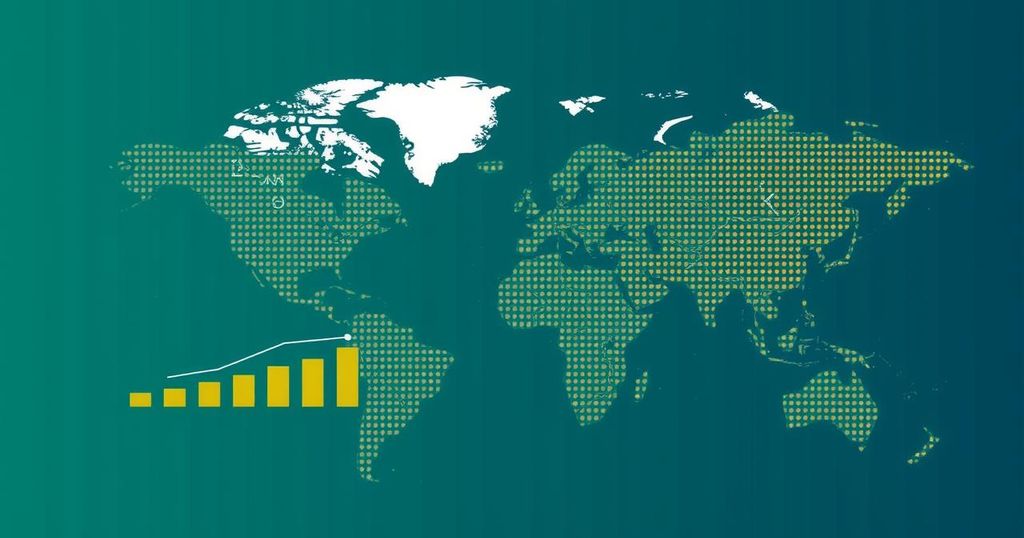Limited Progress and Growing Frustration at COP29 Climate Talks

The COP29 climate talks in Baku ended with significant dissatisfaction and limited progress. Despite initial shortages causing disruptions and some nations walking out, participants reconvened to conclude the discussions, avoiding total collapse. The outcomes were less than inspiring, highlighting the ongoing challenges in achieving meaningful climate action.
The recent COP29 climate negotiations held in Baku were marked by a palpable sense of stagnation and dissatisfaction among attendees. Over the course of the talks, participants experienced various shortages, including food, water, and even basic sanitary supplies. Eventually, several nations opted to walk out but returned just in time to witness the conclusion. Although the outcomes were underwhelming, they did manage to avoid a complete collapse of dialogue, illustrating the dire necessity for any form of progress, no matter how limited.
The COP29 climate talks were anticipated as a critical juncture in addressing urgent climate concerns. However, the negotiations concluded with minimal achievements, highlighting the ongoing challenges in reaching a consensus among participating nations. This situation underscores the difficulty in balancing national interests with global climate commitments, reflecting broader tensions in international cooperation. The struggles observed at these talks are symptomatic of a larger trend regarding the effectiveness of global environmental governance.
In conclusion, the COP29 negotiations epitomized the difficulties inherent in navigating global climate discussions. Although some progress was made, it was largely insufficient when considering the scale of the climate crisis. The growing discontent among participating nations points to the urgent need for renewed commitment and actionable plans that can foster genuine advancements in tackling environmental issues on a global scale.
Original Source: www.economist.com






